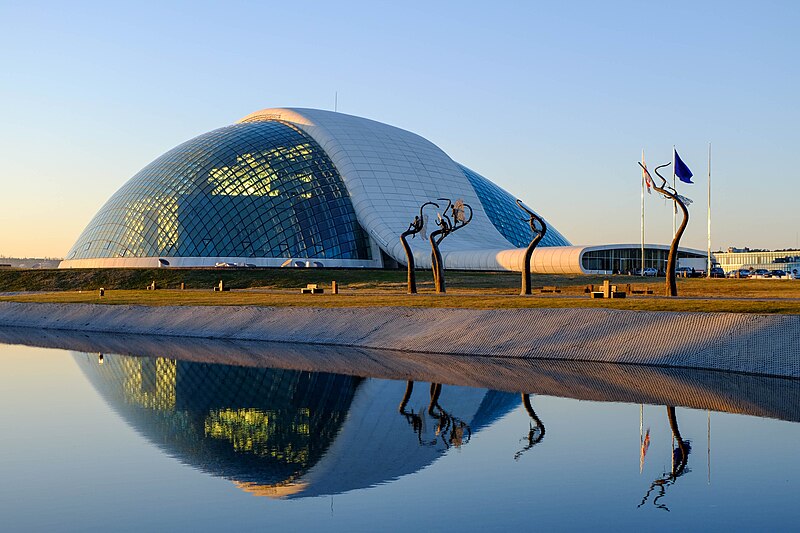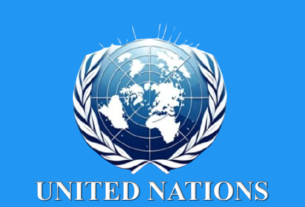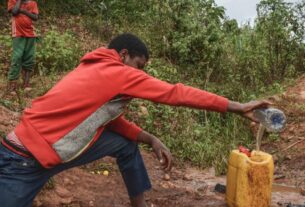Human rights organizations have raised alarms over the use of Georgia’s criminal justice system to suppress political opposition, following the sentencing of two activists involved in protests against a controversial “foreign influence” law. Amnesty International condemned the sentences, calling them a “parody of justice” and criticizing the government for its treatment of protesters.
Denis Krivosheev, Amnesty’s deputy director for Eastern Europe and Central Asia, highlighted that the criminal penalties imposed on Omar Okribelashvili and Saba Meparishvili, who were convicted on January 20 for damaging a security barrier during May 2024 protests, reflect an abuse of the legal system to silence dissent. Initially sentenced to three years in prison, their sentences were reduced to 10 months through a plea deal. The legal foundation for their conviction, Article 187(2)(c) of the Georgian Criminal Code, is currently under review for its mandatory minimum sentence, which critics argue undermines judicial discretion and violates the principle of fair, individualized justice.
Both activists reported mistreatment during their detention, including psychological abuse and physical assault. Meparishvili specifically alleged being assaulted by law enforcement. These reports align with broader concerns about the government’s crackdown on peaceful protesters, which saw the use of tear gas, water cannons, and rubber bullets against demonstrators.
The protests erupted after the Georgian parliament approved the draft “foreign agents” law, which would require foreign-funded NGOs and media outlets to register as “foreign agents.” Critics, both within Georgia and internationally, argue the law mirrors similar Russian legislation, which has been used to suppress political opposition. The UN’s Human Rights Chief condemned the law, stating it undermines freedoms of expression and association.
The violence against protesters and the legal proceedings against Okribelashvili and Meparishvili have raised serious concerns about the erosion of democratic rights in Georgia. International law, including the International Covenant on Civil and Political Rights and the European Convention on Human Rights, mandates that any restrictions on peaceful assembly must be necessary, proportionate, and legally defined. Additionally, the use of torture or ill-treatment during detention is strictly prohibited, with governments required to ensure the safety and dignity of detainees.
As Georgia faces increased scrutiny over its treatment of political activists and protesters, the case underscores growing concerns over the government’s commitment to upholding fundamental human rights and freedoms.
| Picture of The Parliament of Georgia in Kutaisi by Berdo Maghularia on Wikipedia |



